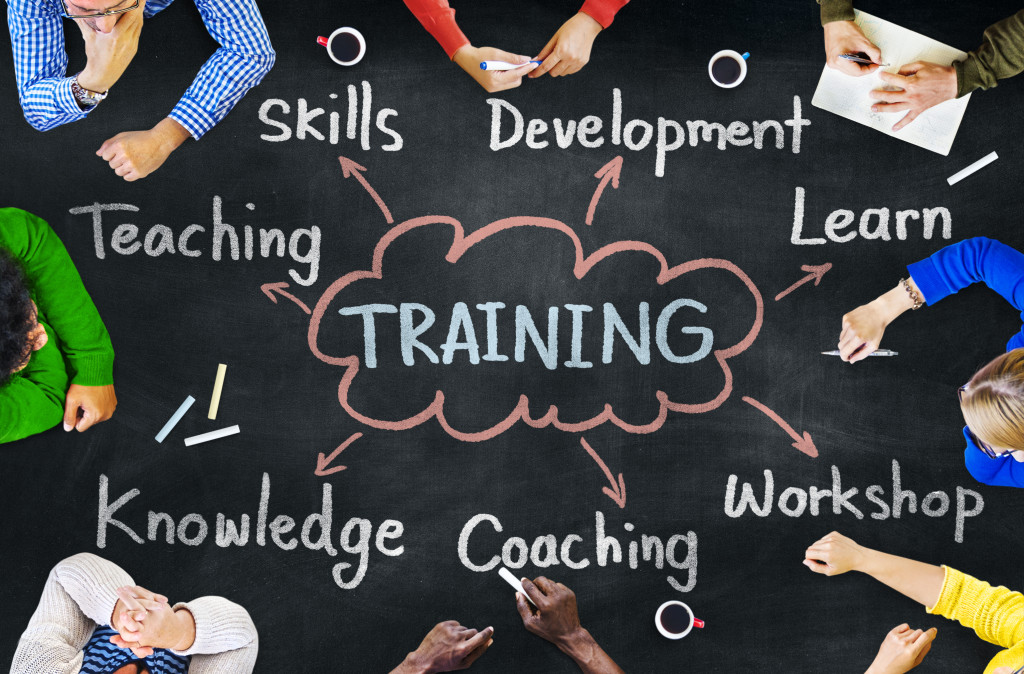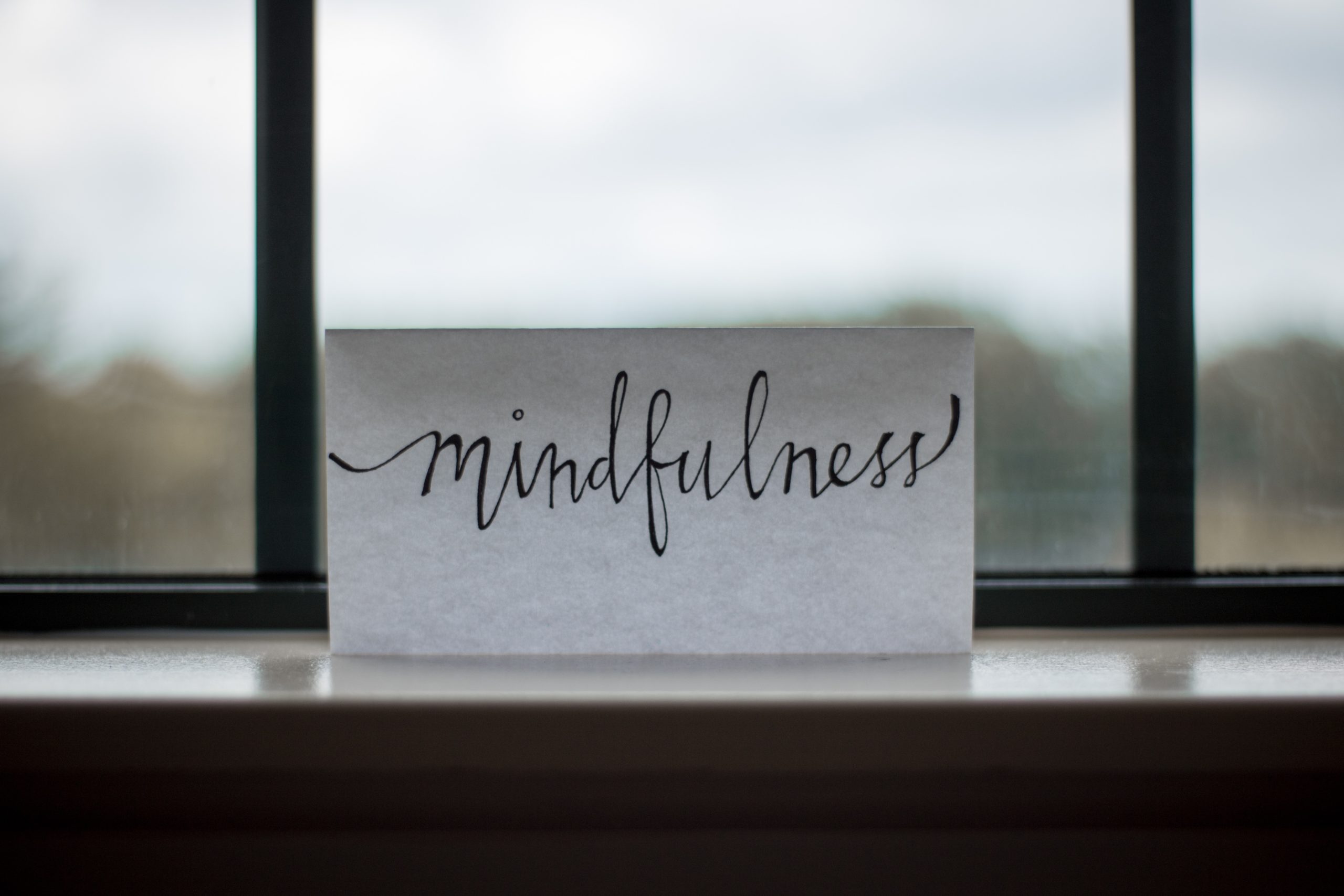Jeena Cho’s work is deeply rooted in her belief that lawyer well-being is the key to establishing and maintaining a productive and successful law firm. In order to ensure lawyer well-being, an attorney must be able to find meaning in their work, feel a sense of belonging, and be able to effectively manage stress and their workload. Jeena works with law firms to create and sustain a workplace culture where this is possible.
She offers a unique perspective and insight as an attorney with over 15 years of law practice, who brings personal experience as an immigrant, a Korean-American, and a mom to the table. Her work is steeped in science- and research-based knowledge from mindfulness, positive psychology, cognitive-behavioral tools, and coaching.
Having partnered with dozens of law firms, she prides herself on being a strategic partner in defining and implementing a firm’s overall well-being goals.

Why bring a mindfulness program to your team and workplace?
Mindfulness can be part of an approach to a life and a career that includes achievement, constructive engagement, expanding self-knowledge, and personal fulfillment.
Building a More Resilient Lawyer
We can’t be certain of how the judge will react to our arguments, how our opposing counsel will receive our negotiating proposal, or even how the witness we’ve prepared will actually testify when faced with the spotlight of the courtroom. And, of course, we have no control at all over the facts that brought our client into our office in the first place.
Getting to know our own minds and building our ability to deal with our mental reactions can be sanity-preserving!


Reduce Stress & Anxiety
Mindfulness’s ability to help people cope with and reduce their experience of stress is one of the most studied and best-documented effects.
By simply observing the mind and the thoughts flowing through it, we begin to see that they are just thoughts, not reality. This insight helps us to see we are free to believe or reject any particular thought, choosing to step away from unhelpful mental patterns.
Increasing focus and productivity
Computers, laptops, phones, iPads, e-readers, and a myriad of other devices can make us more productive, but they also enable continual interruptions. These never-ending sources of distraction can leave us frayed and even undermine our fundamental ability to pay attention.
Meditation is an antidote that helps you navigate the disruptions that are part of the modern working world without sacrificing your effectiveness.
Letting go of unwanted habits
Meditation is often a crucial support for people who are giving up habits like smoking, overeating, or other behaviors that don’t serve them well.

Meditation is often presented in a way that feels artificial and inaccessible to most lawyers, and, as a result, can end up feeling antithetical to a professional culture that places great value on logic and reason.
I offer simple and straightforward introduction to mindfulness and meditation training.
The Science

Research study with National Association of Women Lawyers (NAWL) and Seyfarth Shaw, LLP.
Lawyers were assessed before beginning the 8-week program and again when the program was completed.
The mindfulness meditation program significantly reduced self-described depression, anxiety, stress, and negative mood. The program also increased positive mood and psychological resilience. Participants in the program viewed themselves as being more effective at their work.
The results are from the research study by the Department of Psychology & Brain and Mind Institute at The University of Western Ontario on impact of mindfulness and meditation practice for lawyers. (Read the full study.)
Well-Being Services Package

Continuing Legal Education Programs (60-90 minutes)
The CLE programs are designed to be a launch point for introducing essential well-being concepts and tools. The programs can be tailored for attorneys only or offered firm-wide, and there is no limit on the number of participants.
- Better Lawyering Through Mindfulness
- The Science of Reducing Bias & Increasing Inclusion
- How to Skillfully Engage in Difficult Conversations
- The Unintended Consequences of Lawyering — Managing Stress, Anxiety, Depression and Other Mental Health Issues
- Am I Good Enough? Working With the Imposter Syndrome
The sessions can be in-person or online.
Small-Group Practice Sessions (Two 30-minute sessions)
Skills are meaningless without implementation. Like physical exercise, the many benefits of mindfulness can only be realized if it’s practiced, consistently, over time.
Help your workforce practice the skills taught in the CLE sessions, integrate them into their daily lives, and create a culture of mindfulness through our guided/structured practice sessions.
Small-group practice sessions are offered after the CLE sessions listed above to create an opportunity for building community, engaging in an open dialogue about the topics introduced, identifying practical ways to incorporate the strategies introduced in the CLE, and asking questions.
There will be two 30-minute small-group practice sessions following each CLE.
These practice sessions serve multiple purposes and are therefore a cost-effective way to increase impact:
- Allow participants to practice the essential skills taught in the CLE sessions above
- Build a sense of community among attorneys and firm employees, which fosters teamwork, productivity, and improved communication
- Increase the sense of belonging and creativity in the firm, which allows for lower levels of stress and more efficient work.
There are numerous benefits to the small-group model, including building a sense of community, increasing belonging, and fostering creativity.
Each small-group practice session is limited to 30 participants.
Mindful Pause
This program is offered weekly throughout the year to build a habit of mindfulness.
Each session is just 10-minutes long. It’s delivered live via Zoom. Sessions are recorded and available for replay.
- 1-2 minutes of check-in
- 5-6 minutes of guided mindfulness meditation practice
- 1-2 minutes of reflection/feedback
- 1-2 minutes of practical mindfulness tips
Participants will have the opportunity to try various types of mindfulness meditation practices over the course of the program.
Program can be offered firmwide.


Leadership & Well-Being Coaching Circle
Research shows that social networks are critical to professional advancement and retention, especially for women lawyers and lawyers of color.
The program is designed to bring together lawyers in similar positions — this can be by workplace seniority (for example, mid-level associates) or affinity groups (for example, working parents, or women attorneys).
Key benefits:
- Build leadership skills, including giving and getting direct feedback in a socially safe environment
- Intentional professional goal setting and business development
- Asking insightful questions
Listening, getting comfortable with others’ perspectives - Social support and reducing feelings of isolation
- Collaboratively find ways to address common struggles
- Co-create and design ways to shape a healthy and productive law firm culture.
Each group coaching cohort is offered as a series of ten 90-minute sessions for a maximum of 10 participants per cohort. The sessions can be held twice per month or once per month and lasts for 6-months.
Interested in working with me?
Schedule a meeting.

